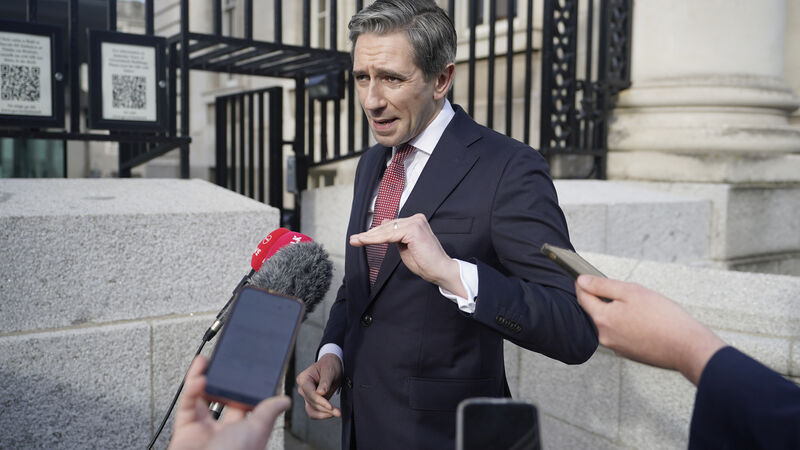Survivors of physical abuse in schools cannot be 'ignored or unheard', says Taoiseach

Taoiseach Simon Harris said a commission of investigation cannot be rushed due to the need to get it right and to respect the wishes of any victims that have come forward.
The Taoiseach has said he is reflecting on calls for a commission of investigation from survivors of physical abuse in schools saying that their voices cannot be left “ignored or unheard”.
Simon Harris condemned what he described as a culture of violence and “calculated cruelty” within schools which traumatised generations of Irish children.










